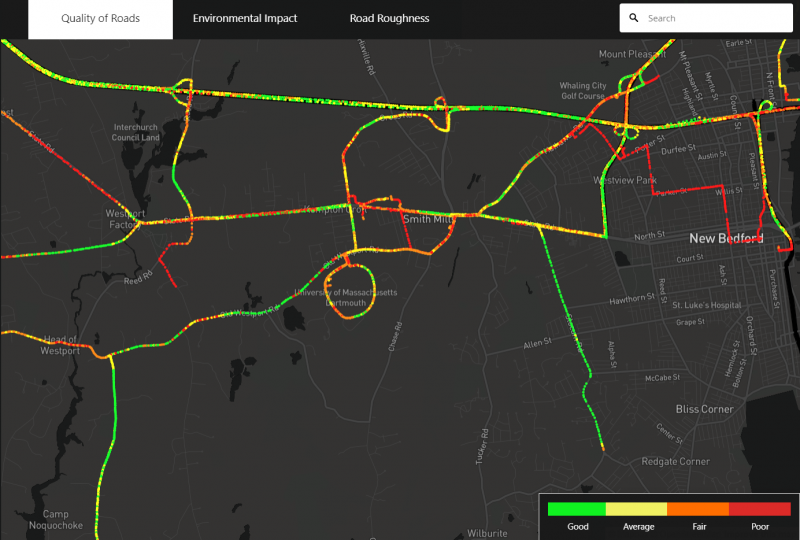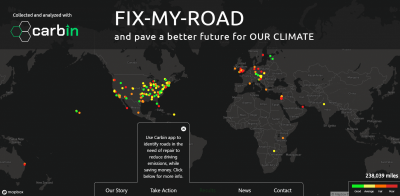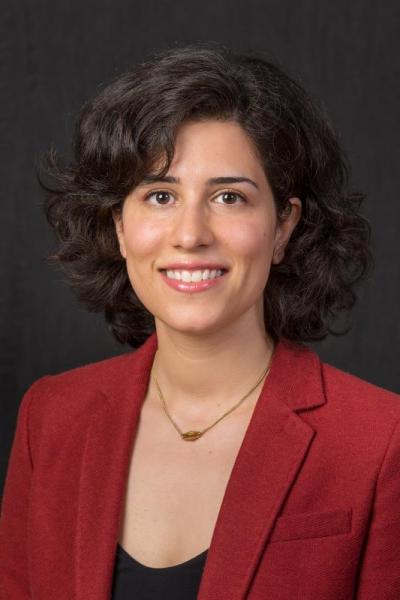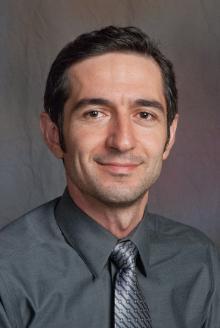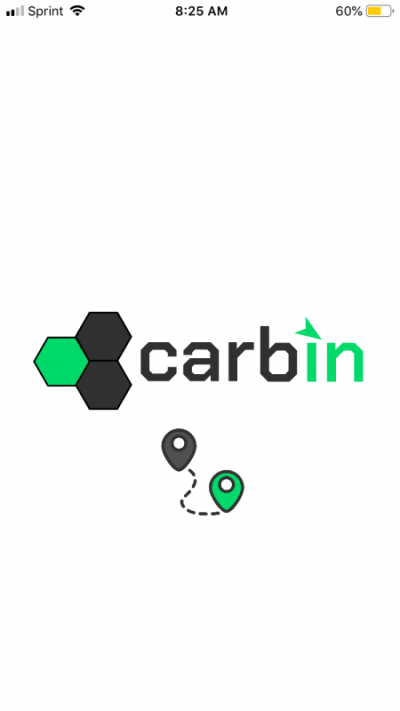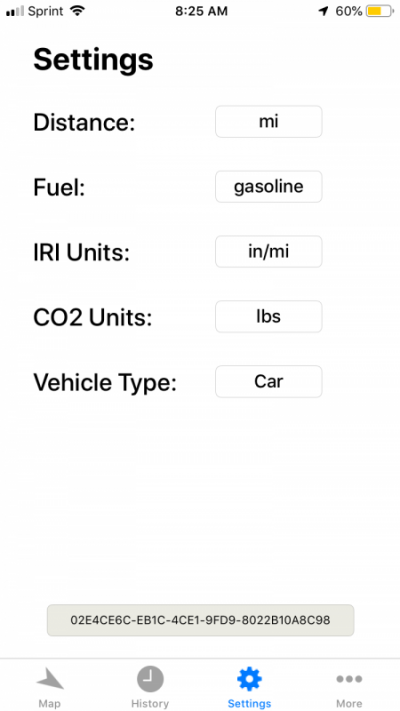UMass professor finds unique way to fight climate change
Assistant Professor Arghavan Louhghalam has found a surprisingly simple way to help fight climate change: Fixing roads.
Working with a team of colleagues and students from UMass, MIT, and other universities around the world, Louhghalam has helped create an app that shows the environmental impacts of rough roads.
The Carbin app crowdsources road surface condition data by recording vibrations from a user’s car as it navigates roads, and uploads the information to an online database, where scientists and researchers can access it.
“We were working on the relationship between road or pavement and environmental impacts,” Louhghalam explained. “We wanted to find out what impact on the environment road surface conditions had.”
But, she said, the data simply wasn’t there.
Federal agencies don’t collect that sort of information regularly, Louhghalam noted, and if it existed at all, the data was different from state to state.
And for good reason; the U.S. has eight million miles of roads, she said. Buying a special instrument and paying an employee or scientist to travel every road would be an expensive proposition.
Plus, the measurements may not be valid for long, as icy weather can quickly destroy a once pristine road.
So Louhghalam and colleagues — fellow UMass Dartmouth associate professor Mazdak Tootkaboni and MIT professor Franz-Jozef Ulm — decided around two years ago to crowdsource the problem.
They developed an algorithm to look at the vibrations of cars and extrapolate road surface data from that.
And the Carbin app was born.
The app is fairly simple: Users can input their vehicle and fuel type, then place the phone in the car and drive.
Carbin — which was mostly developed by students — records the car’s vibrations as it hits bumps in the road, then uploads the data to the website fixmyroad.us.
“It is completely anonymous,” Louhghalam stated. “You’d never know who actually drove on the road where.”
“The more users, the more information, the more accurate [it is],” she added.
With road surface condition results coming in, the team was able to calculate the environmental impact of road roughness.
“You get around a 5 percent increase in fuel consumption when you drive over a rough road on the highway,” said Louhghalam. “That can go all the way to 12 to 15 percent in the city.”
As fuel consumption increases, the amount of carbon released into the air also goes up.
So according to fixmyroad.us, cities and states could save around 130 metric tons of carbon emissions annually — the equivalent of planting around 5,900 trees — by fixing each kilometer of bad road.
Louhghalam said that there is a good user base for the app, with hundreds of users submitting data from dozens of countries around the world. “That’s huge,” she noted.
And although more users will help refine the results, Louhghalam said, she’s happy with the results.
“We are using the data,” she said with a laugh. “At the end of the day that’s what we were hoping for, and that’s what we got!”



